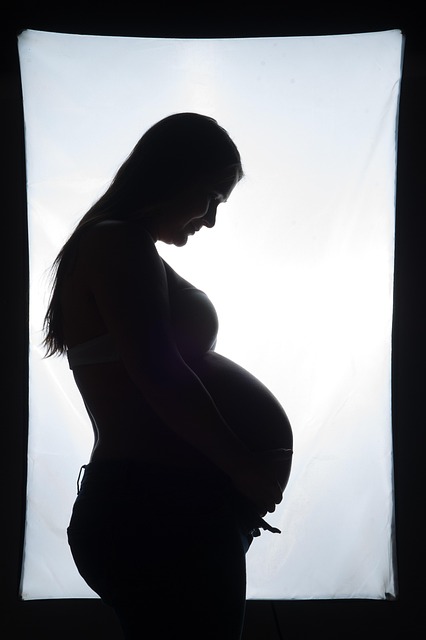Last week, a segment on a popular news program took a closer look at donor egg treatment. The cameras followed a woman through her egg donation journey, featured an agency operator, and highlighted a woman in her late 40s who successfully used donor eggs to welcome twins into her life. Donor egg treatment, where eggs from one woman are fertilized and implanted in another woman who cannot conceive with her own eggs, stands out as one of the most effective fertility options available. While many find hope in the high success rates of this treatment, the cost can be a significant hurdle compared to other fertility methods.
The American Society for Reproductive Medicine (ASRM) has established strict guidelines for donor egg treatment to ensure the safety and health of both the donors and the recipients. These guidelines cover aspects such as donor compensation, screening processes, and limits on the number of times a woman can donate her eggs.
Who May Need Donor Eggs?
There are various reasons why women might seek donor egg treatment, including advanced age, premature ovarian failure, genetic issues, or diminished ovarian function. While many people think only older women require donor eggs, younger women may also face challenges unrelated to their age. Additionally, same-sex male couples looking to start a family will typically need both an egg donor and a gestational carrier.
Women over 40 often have less than a 5% chance of conceiving naturally each month, whereas a fertile 30-year-old has about a 20% chance. However, with donor egg treatment, the success rate can reach 60% per embryo transfer, regardless of the patient’s age.
Understanding the Costs
While the appealing success rates draw many to donor egg treatment, the associated costs may deter some from pursuing this option. One significant factor influencing these costs is the compensation offered to egg donors. Recipients must cover not only their treatment but also that of the donor.
To help ease financial burdens, there are programs available that can help. For instance, one notable program allows patients to pay a fixed amount for multiple IVF or donor egg cycles, ensuring they receive a refund if they do not achieve a successful pregnancy. This program can be paired with options that allow recipients to share the costs of an egg donor among several individuals.
Compensation Guidelines for Donors
Compensation for egg donors can vary widely. To protect potential donors from coercion, the ASRM has strict regulations in place. It’s important for donors to understand they are compensated for their time and effort, rather than for the eggs themselves. Moreover, donors can only donate six times in their lifetime.
At our facility, donors undergo comprehensive medical, psychological, and genetic screenings. Many donors are mothers themselves who wish to help others fulfill their dream of parenthood. We prioritize the health and safety of our donors, ensuring they are well-informed throughout the process.
The Psychological Aspects
Using donor egg treatment can be emotionally challenging for both donors and recipients, which is why having a dedicated support system is essential. Social workers or psychologists play crucial roles, assisting both parties from the initial consultation all the way through pregnancy.
The journey to parenthood can be complex and requires navigating many unknowns. It’s important for those involved to look beyond the stigma often associated with donor egg treatment to see how it truly helps families. For example, one recipient, Sarah, shared her heartfelt experience: “I finally get to call myself a mom, and that’s everything I’ve ever wanted.”
If you want to dive deeper into the experiences surrounding rapid births, check out this blog post, or explore options like the CryoBaby home insemination kit for further insights into artificial insemination. For a comprehensive overview of in vitro fertilization, visit this excellent resource from the Mayo Clinic.
In summary, donor egg treatment is a vital option for many aspiring parents facing fertility challenges. Understanding the process, costs, and emotional aspects can help individuals make informed decisions about their family-building journey.

